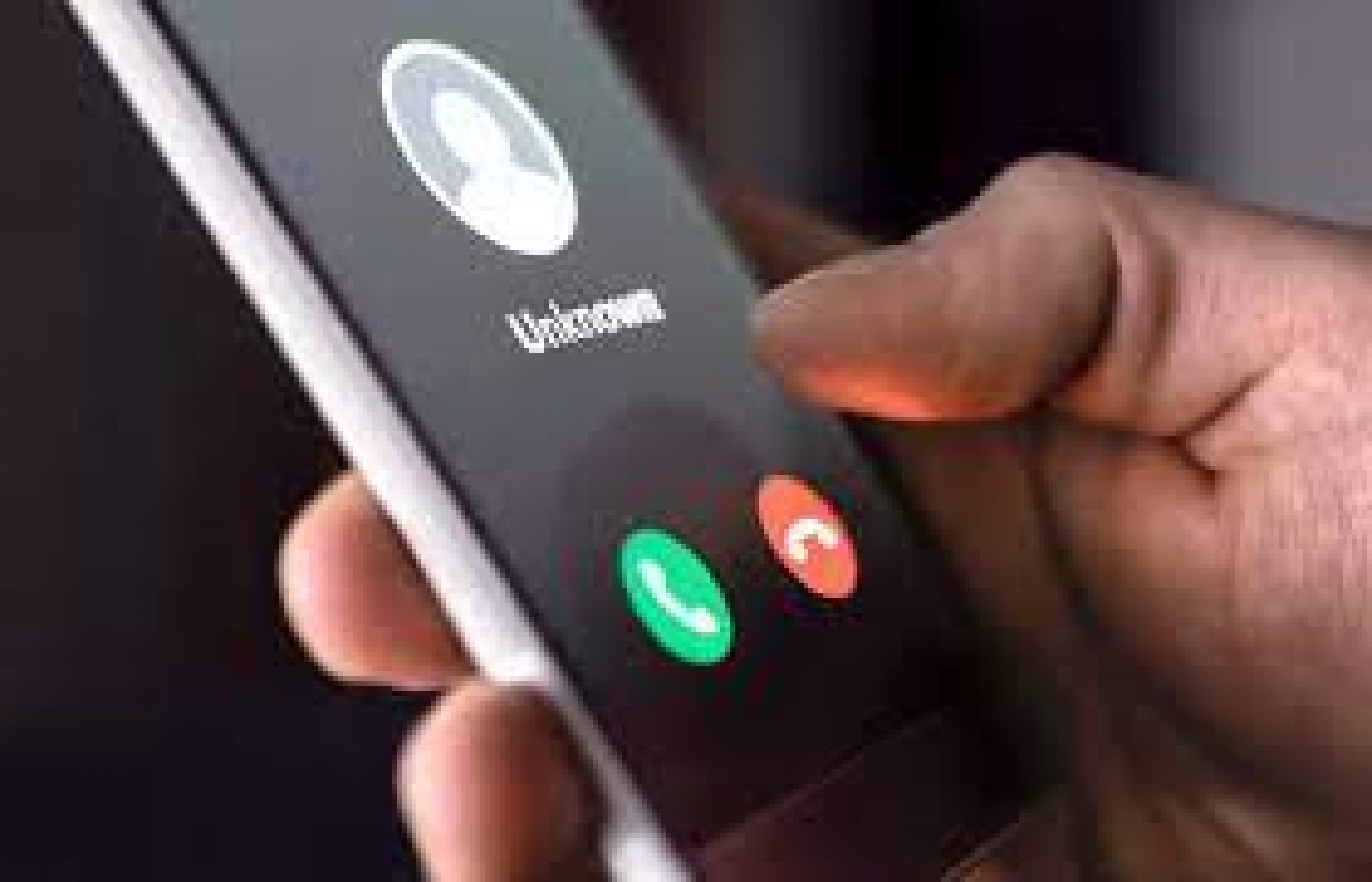The act includes a provision under Section 26 subsection 1c which states that the source of money for the Vulnerable Group Fund includes telecommunications tax, not less than one kobo per second of GSM calls.
The Fiscal Policy Partner and Africa Tax Leader at PricewaterhouseCoopers, Taiwo Oyedele, said, “S.26 of this new law imposes a telecommunications tax of not less than 1kobo per second on GSM calls. With call rates at about 11kobo per second, this translates to a 9 per cent tax on GSM calls.
“The tax is one of the sources of money to the Vulnerable Group Fund to subsidise the provision of healthcare to the group defined to include children under five, pregnant women, the aged, physically and mentally challenged, and the indigent as may be defined from time to time.”
According to the act, the Vulnerable Group Fund is money budgeted to pay for healthcare services for vulnerable Nigerians who cannot pay for health insurance in a bid to subsidise the cost of provision of health care services to vulnerable people in the country.
For funding, the act provides several options such as basic health care provision fund to the authority; health insurance levy; telecommunications tax, not less than one kobo per second of GSM calls; money that may be allocated to the Vulnerable Group Fund by the Government; motley that accrues to the Vulnerable Group Fund from investments made by the Council: and grants, donations, gifts, and any other voluntary contributions made to the Vulnerable Group Fund.
According to the new act, every resident in Nigeria is expected to obtain health insurance.
Recently, telecom companies wrote to the Federal Government, through the Nigerian Communications Commission, on the conditions of the industry.
The operator under the aegis of the Association of Licensed Telecommunication Operators of Nigeria proposed a 40 per cent increase in the cost of calls, SMS, and data as a result of the rising cost of operating in the nation.
Source: healthwise







